Requesting a call is the first step toward recovery. Our team is here to help you 24/7.
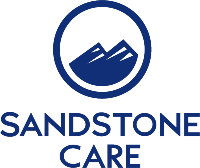
Medical Wellness Center
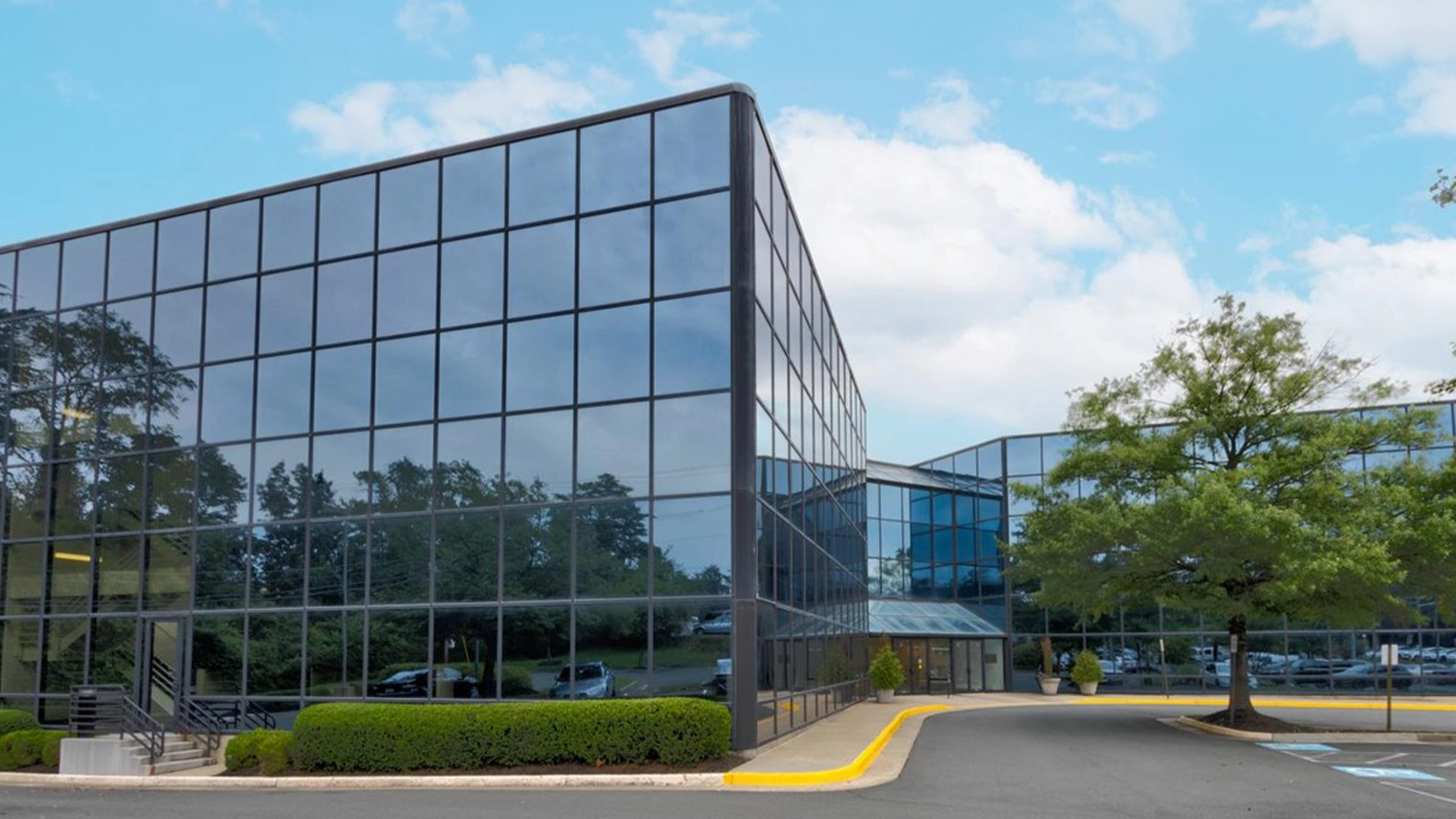
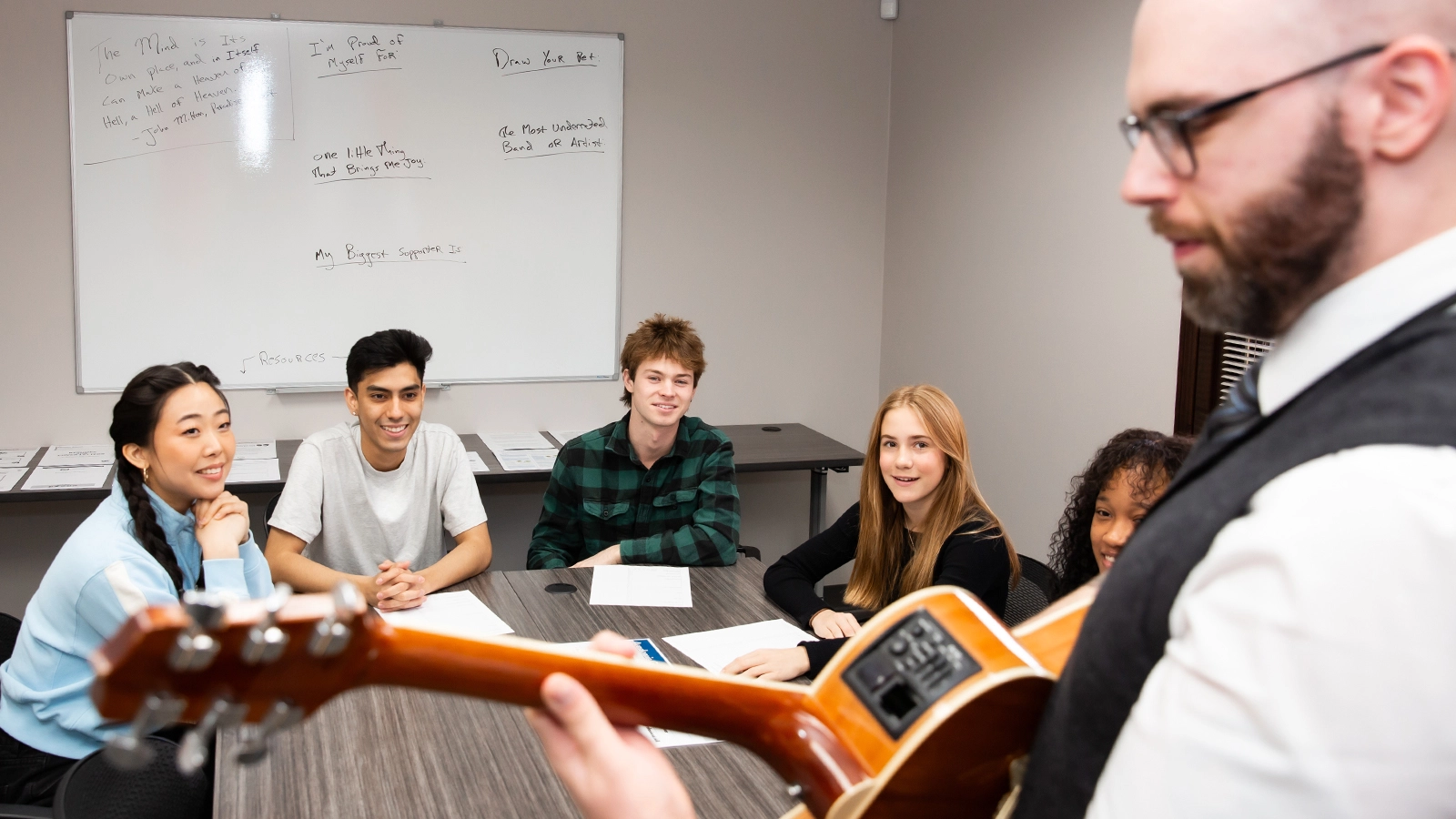
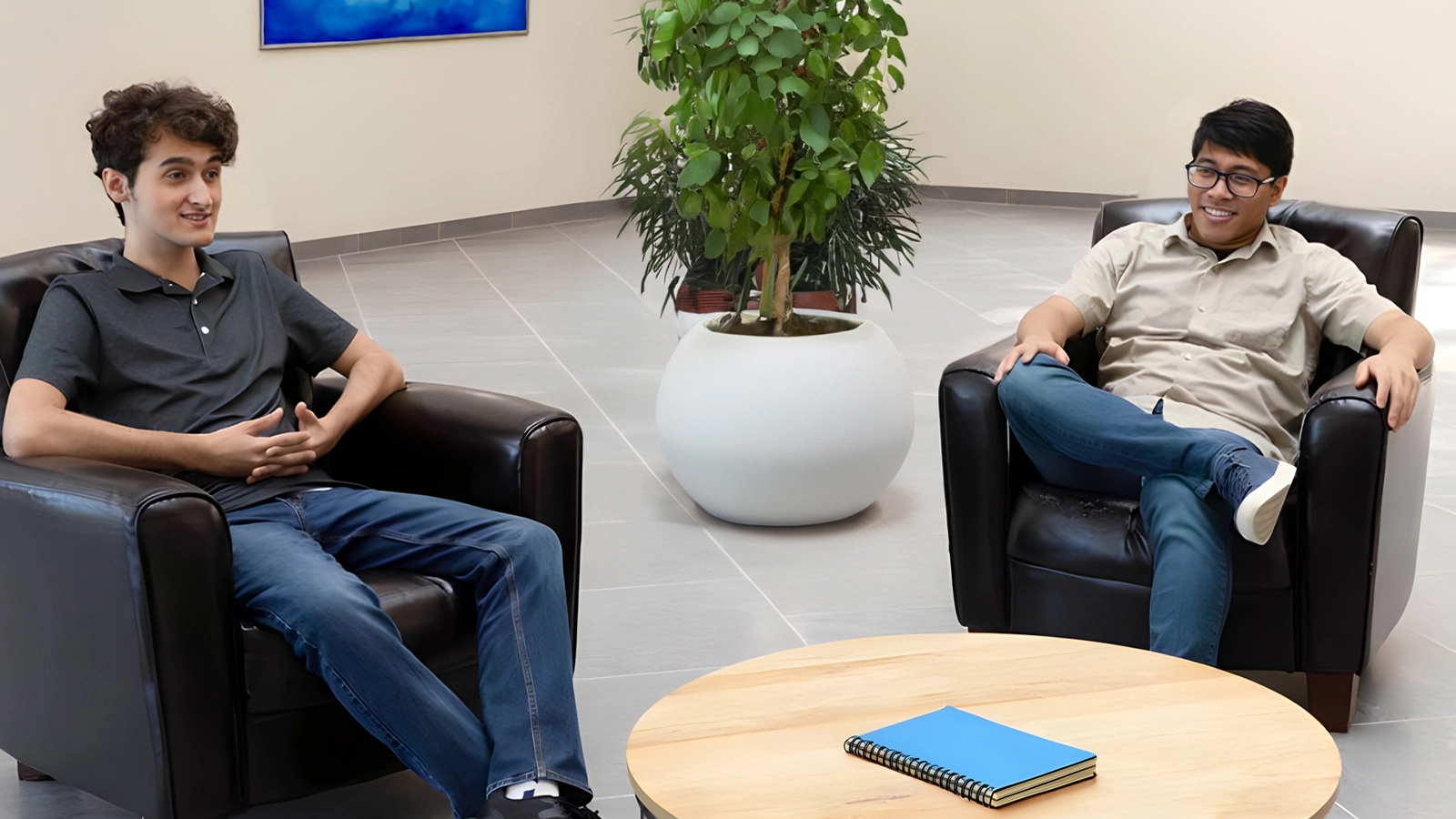
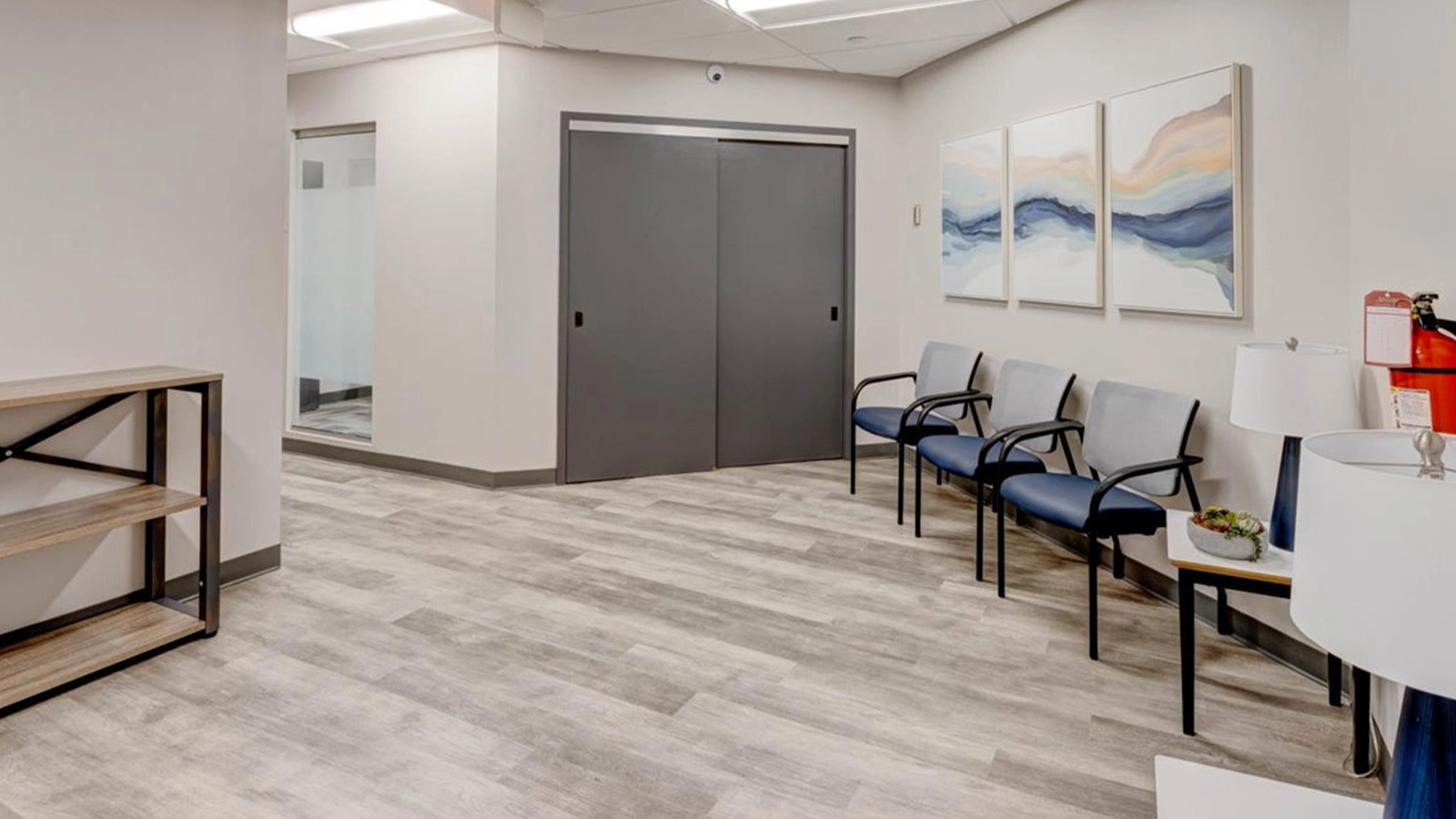
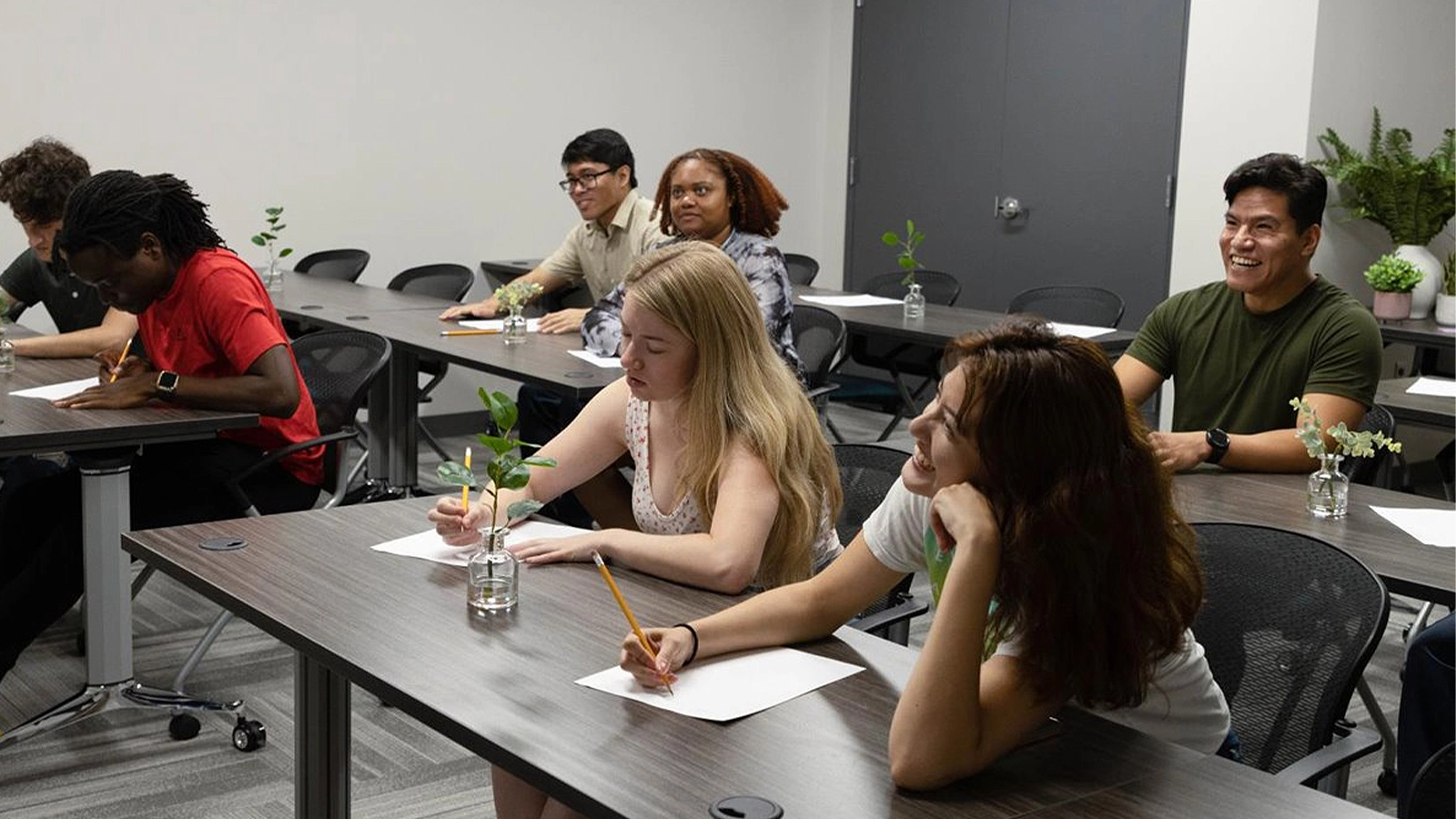
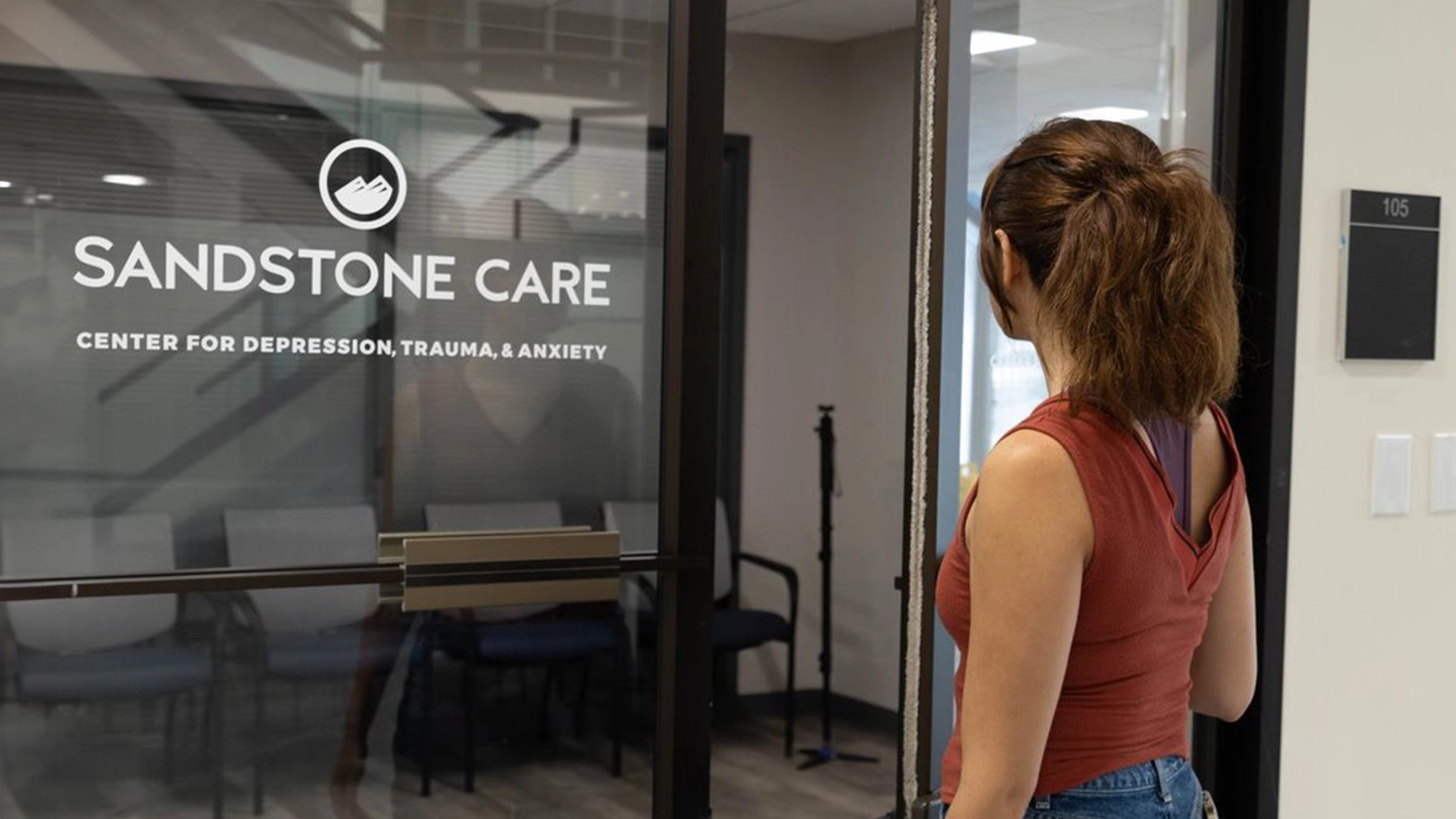
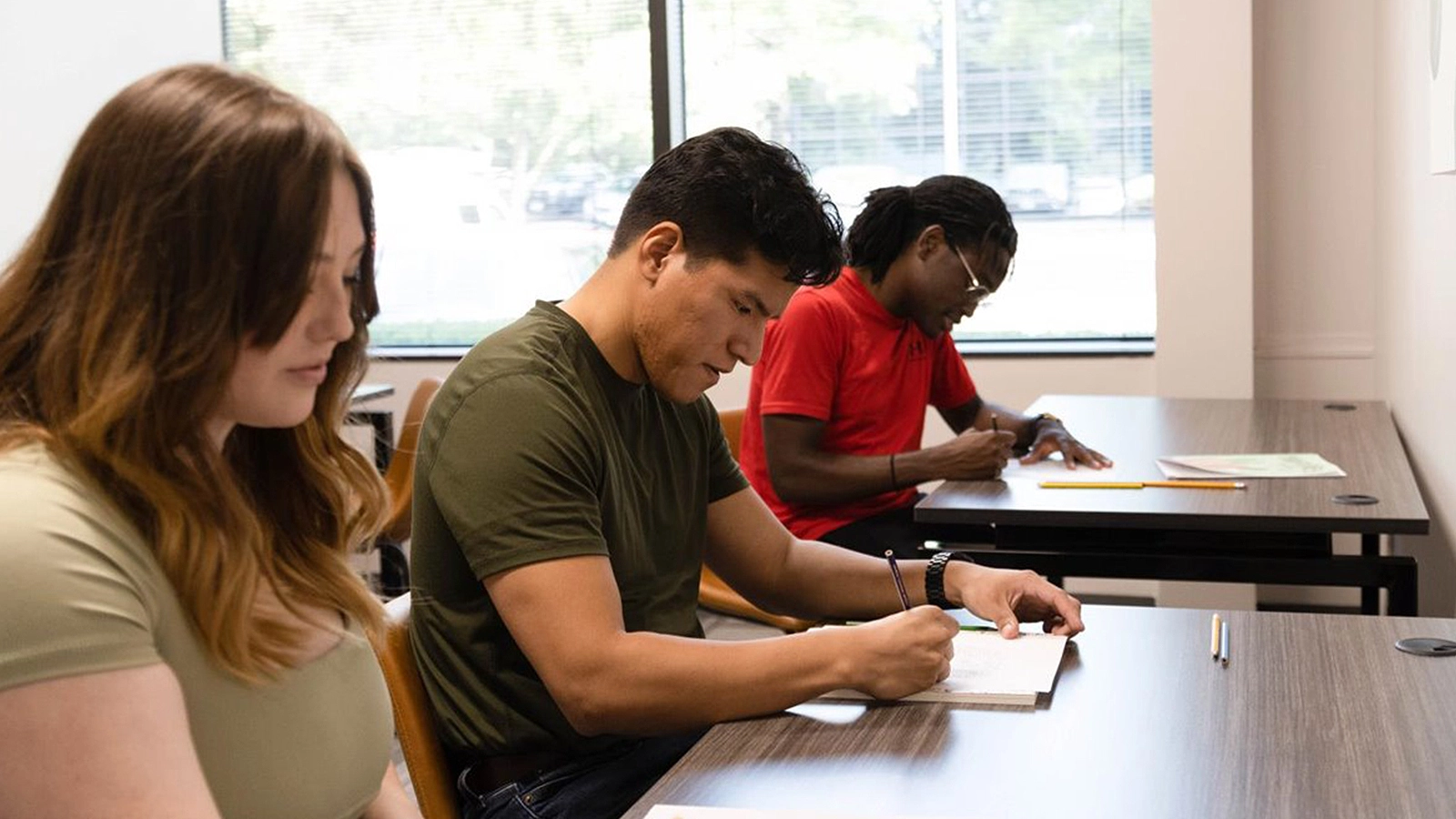
Sandstone Care Alexandria treats drug and alcohol addiction and co-occurring mental health concerns in outpatient programs for adolescents ages 13-17 and young adults ages 18-30. They use evidence-based, age-specific care to address unique issues certain age groups face. Their levels of outpatient care include an intensive outpatient program (IOP) and day treatment program conveniently located near Washington D.C.
Sandstone Care has a 1:8 therapist-to-client ratio to provide personalized care for clients and their families. They address drug and alcohol addiction alongside co-occurring mental health conditions, including depression, trauma, anxiety, obsessive compulsive disorder (OCD), bipolar disorder, attention deficit hyperactivity disorder (ADHD), and borderline personality disorder (BPD). Treatment in each level of care includes 1:1 therapy, group therapy, group activities and psychoeducation, and family therapy with multi-family groups and individual family therapy. Therapy modalities include cognitive behavioral therapy (CBT), dialectical behavior therapy (DBT), internal family systems therapy (IFS), eye movement desensitization and reprocessing (EMDR), and mindfulness.
Sandstone Care Alexandria’s day treatment program includes 5 hours of daily therapy, 5 days a week. It typically lasts 2-4 weeks, depending on client needs. After day treatment, clients are encouraged to attend their intensive outpatient program (IOP), which includes around 12 hours of weekly treatment, 3-4 days a week. Adolescents and young adults receive academic and vocational support from a dedicated advisor who helps them with school and job pursuits and discovers which career aligns with their goals. Sandstone Care uses medication-assisted treatment as needed.
Sandstone Care’s licensed clinicians, medical providers, therapists, and academic support staff collaborate with parents and loved ones throughout treatment. Families can engage in weekly multi-family groups to support and learn from others. Individual family therapy occurs biweekly, helping families learn more about addiction and mental health disorders, recovery, boundary setting, and emotional expression. After treatment, clients join a strong alumni community that meets regularly and offers connections to community resources.

Have Questions? Give Us a Call.